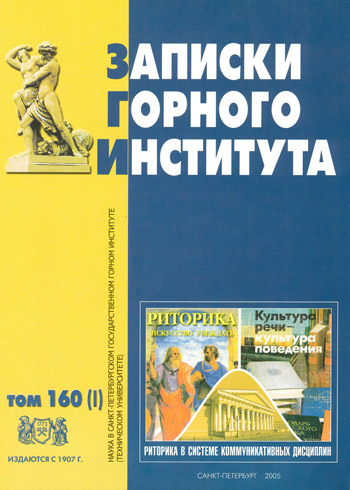Dialogic nature of contemporary political discourse
- North-West Academy of Public Service
Abstract
The article addresses the specifics of modern political discourse. Polemics, discussion with a political opponent, which are the semantic core of contemporary political discourse (CPD), actualize the use of rhetorical figures of dialogic type in texts of this type: question-answer move, anticipation, apostrophe, apophasis, subjection, concession, prolepsis and especially antiphrasis, which is emphasized by non-verbal means (gestures, facial expressions), a special intonation of mockery. SPD is also characterized by an abundance of non-literary language means - roughly commonplace vocabulary (up to obscene), jargonisms (especially the so-called blat jargon, which originates in the criminal environment). At present, this is recognized as a natural process and demonstrates the linguocentricity and politicization of the Russian language community.
